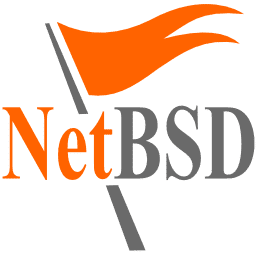 I am sure many here have seen this, but this photo seems very informative on the waste of space that is parking lots.
I am sure many here have seen this, but this photo seems very informative on the waste of space that is parking lots.
tpid98
joined 1 year ago
Discussion is needed on this topic. At one point in the first video they actually talk about the price coming down once they can start mass production. My opinion from the sidelines is that the market for this product is still in the pre-Elon Tesla days when their first roadster was NOT cheap and handmade, and when it was more a proof of concept. Create the product to create the market. I wish them luck.
3
Upcoming EuroBSDCon OpenBSD talk Confidential Computing with OpenBSD by Hans-Jörg Höxer
(events.eurobsdcon.org)
3
Upcoming EuroBSDCon OpenBSD talk Global anycast using OpenBSD on a budget by Rob Keizer
(events.eurobsdcon.org)
5
Upcoming EuroBSDCon OpenBSD talk Why rewrite fw_update(8)? By Andrew Hewus Fresh
(events.eurobsdcon.org)
I wonder if it has anything g to do with all the advertisements for luxury cars in every edition of the paper... :-/ Cheers for the post.
view more: next ›

Has anyone done a study to see if rail is cheaper to maintain than roads? Good public transport infrastructure would go a long way to preserving road conditions and keeping traffic lighter.